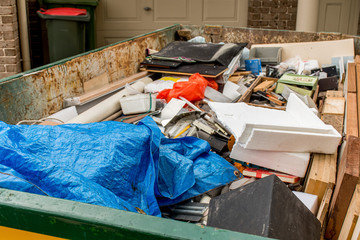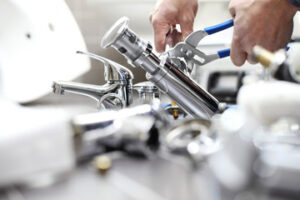
Bathroom Drains are essential for water quality. When they are clogged, they can ruin the water supply. Fatbergs are often formed when liquids are thrown down the wrong drains. By protecting bathroom drains, you can help keep your city clean. Clogged pipes can also affect your quality of life.
Pop-up drain
A pop-up bathroom drain is a simple and practical draining system for your sink. It’s easy to operate and is built to last. Some models feature an overflow hole. You can install your new drain yourself or hire a professional. You’ll need some plumber’s putty to seal the opening.
Pop-up bathroom drains are an integral part of your sink and work in conjunction with the lavatory faucet. If you need to replace or repair a pop-up drain, the parts are available from an online plumbing store, such as PlumbersStock. These plumbing experts carry both replacement and complete pop-up drain assemblies.
To install a new pop-up drain, you must first remove the old drain assembly and clean out any debris. You’ll also need to remove the mounting nut on the tailpiece. You’ll then need to install a plastic washer and a rubber washer. Next, you’ll need to apply a pipe joint compound to the end of the rubber washer.
Pull-out plug drain
You have a few options if you’re replacing a bathroom sink drain. One of these is a pull-out plug drain. A pull-out plug drain and a built-in filter feature a flange that extends outward. The drain is then plugged with a plastic plug. While pop-up drains are the most popular, there are many other types of drains to choose from.
A pull-out plug drain is an easy way to unclog a sink. This drain has a lever that can be pulled out instead of unscrewing the stopper. The lever on a pop-out plug drain is attached to a spring clip, which helps it slide out. However, if the stopper becomes stuck, you may need to use channel lock pliers to remove it.
Once removed, the drain plug is easy to clean. A solution of vinegar and hot water is an excellent cleaning solution for bathroom sink drains. Just pour the solution into the sink and let it sit for ten minutes to remove any dirt.
Main drain
When you notice a slow-running drain in your bathroom, it’s most likely that the main drain is clogged. This can affect a single fixture or multiple fixtures. Sometimes, you might need to clean the entire main drain line. It’s important to do this immediately to prevent further damage to the plumbing.
If you find the clog is too stubborn to be removed by hand, you can use a drain snake or plunger. These tools will force debris from the pipe, enabling you to remove the clog. Remember to use caution, though: you don’t want to spill any sewage or water.
When your bathroom’s main drain is clogged, it may be time to call a plumber. This service will come to your home at any hour, and its licensed plumbers will be able to clear the clog and get your bathroom back to normal.
P-trap
P-trap bathroom drains are made to be easy to replace and install. They’re made of white plastic or PVC and can be installed by hand. Plastic p-traps usually feature plastic nuts and connectors. While they’re easy to install, they have an unsightly, garish look. Most p-traps are located in the cabinet below the sink.
P-traps have several benefits, including preventing harmful sewer gases from leaking into your home. These gases can be harmful to breathe and can be extremely foul-smelling. Water in a P-trap will act as a vapor barrier, preventing sewer gases from entering your home. Additionally, water in a P-trap will help prevent dropped items from getting into your drain. Most building codes require this feature.
If the problem persists, you can try a variety of remedies. If none of these work, you can try a snake. These long, flexible cables scrape pipe walls, which should help unclog drains. A good snake will also have a handle to turn the cable. If you’re still unable to remove the clog, you’ll need to remove the P-Trap. When you’re finished, you should thoroughly clean and reinstall it.




